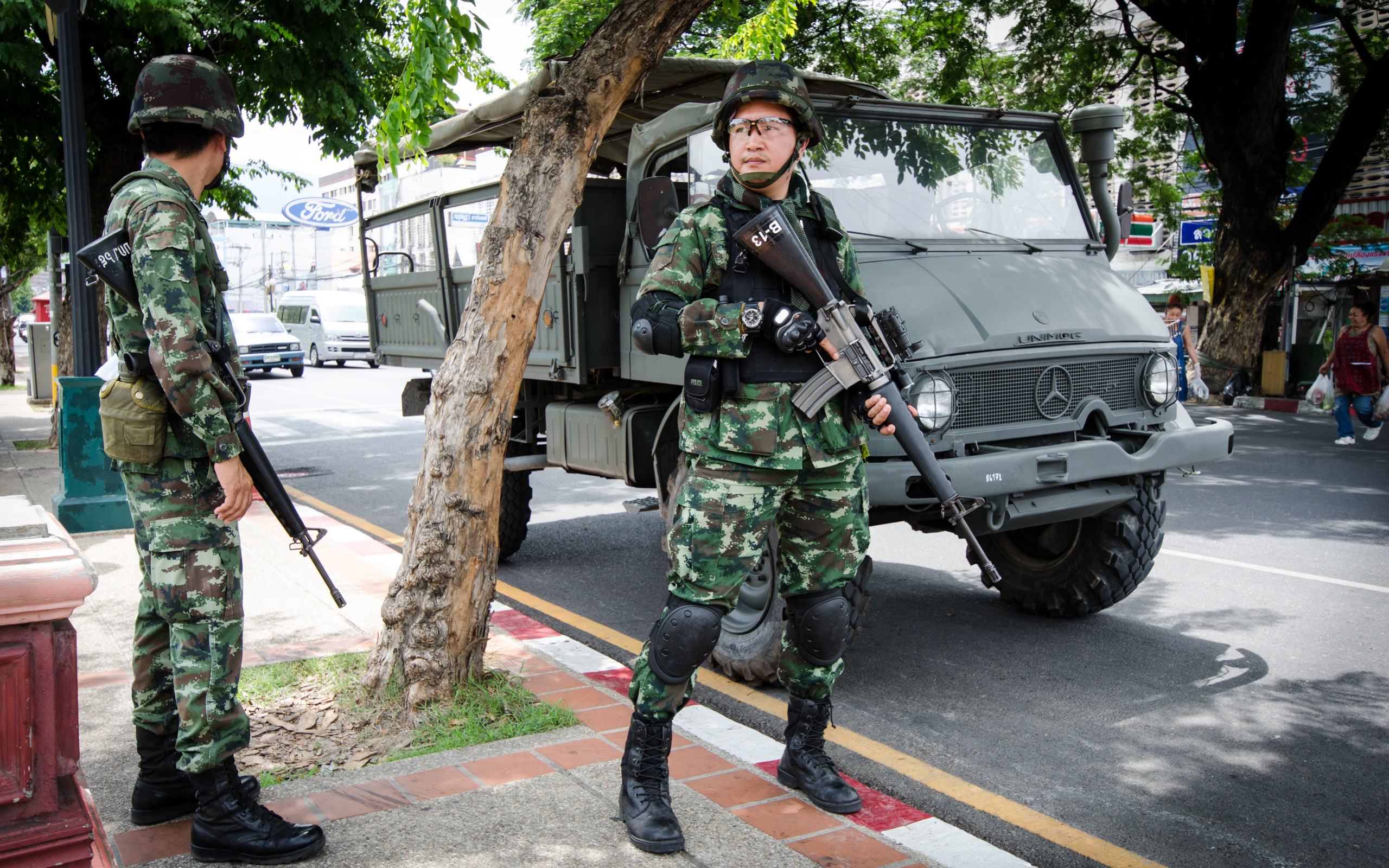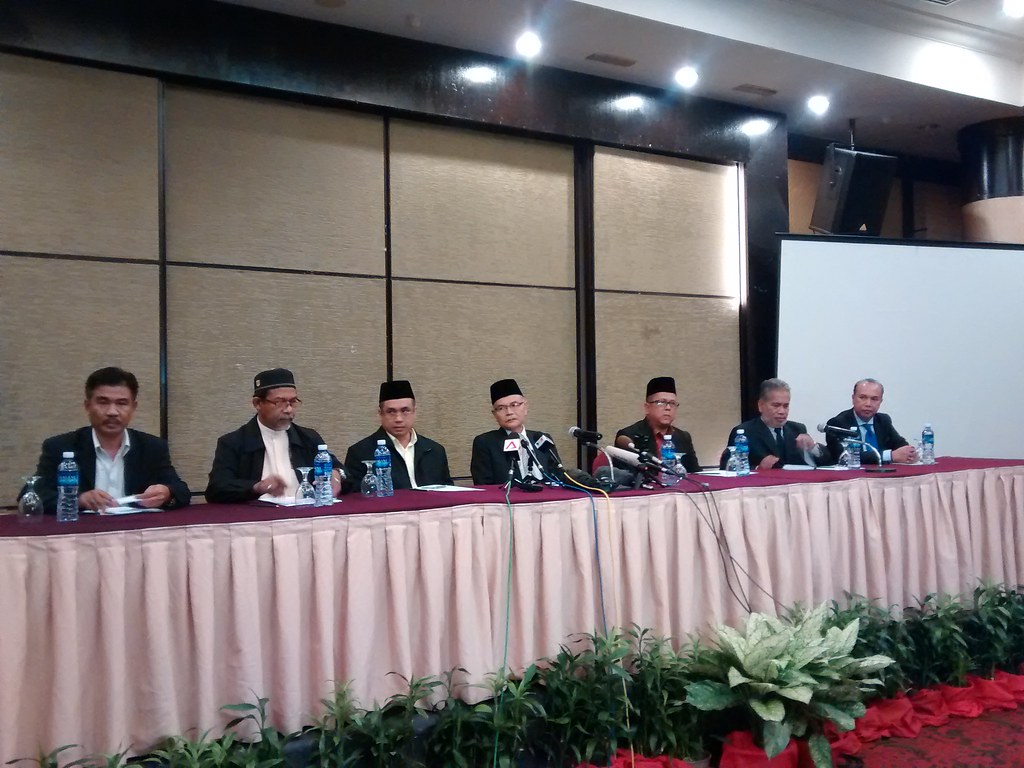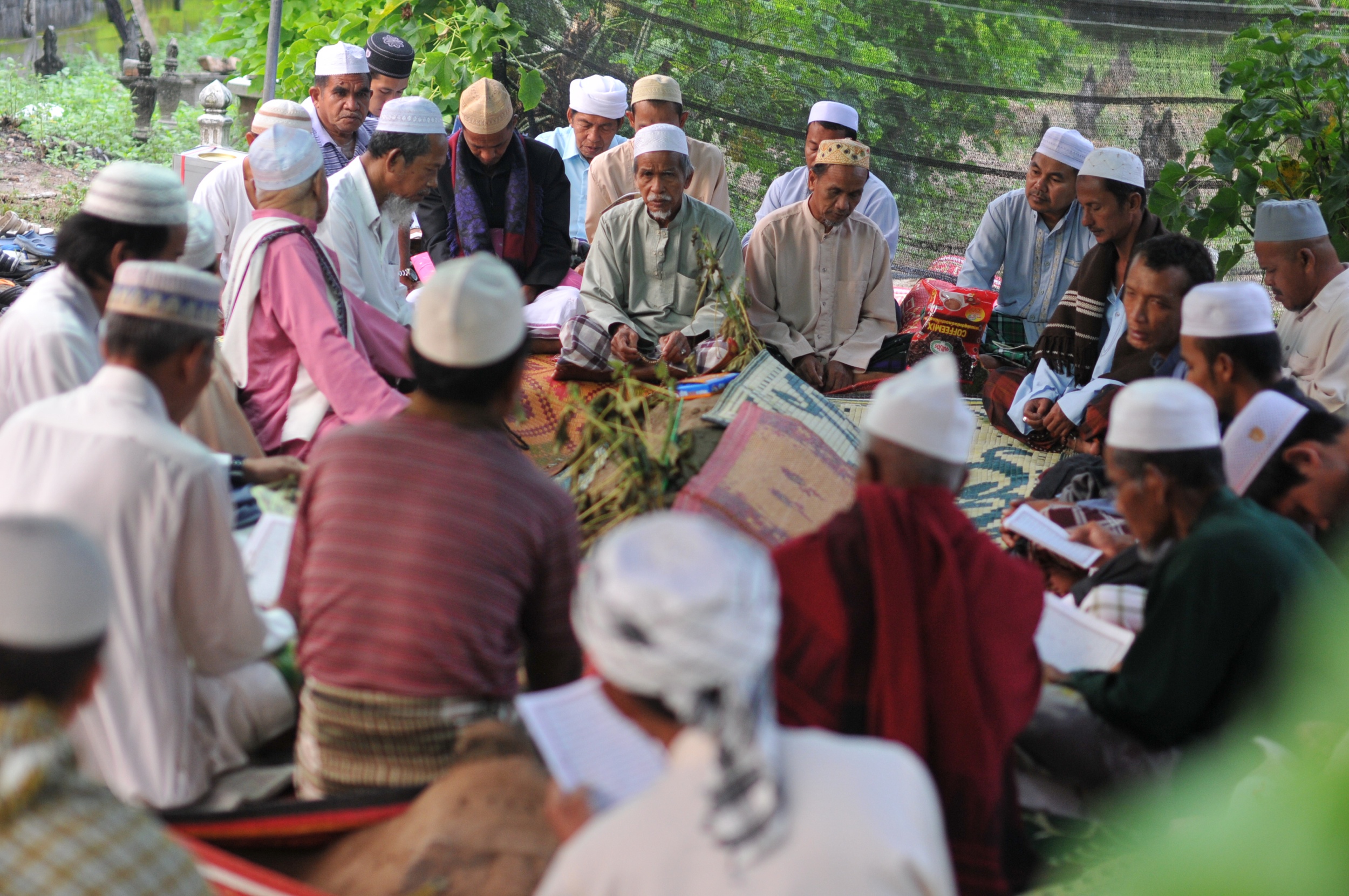
Thailand’s political tumult is over—for now at least—after an extended three-month wait for a new prime minister following the 14 May elections. With Move Forward and its energetic leader Pita Limjaroenrat thwarted—despite winning the most seats in parliament—second-placed Pheu Thai was eventually able to form a coalition in support of its candidate Srettha Thavisin. The government he leads now contains the military-backed conservative parties that Pheu Thai campaigned against.
One of the most pressing challenges this new government faces is to reinvigorate peace talks with Muslim rebels in Thailand’s south, which were on hold amid the prolonged post-election stalemate. Talks between the last government, led by Prayuth Chan-ocha, and the main rebel group—Barisan Revolusi Nasional (BRN)—took place over the past three years but delivered little real progress. Independence for the four insurgency-affected provinces of Yala, Pattani, Narathiwat, and Songkhla has always been off the table, but the contentious issue of the final political status of the region—where many Malay residents have called for autonomy from Buddhist-majority Thailand—has yet to be substantively discussed.
Dialogue with the BRN
When the current peace process began in 2020, hopes were initially raised. For the first time, Thai negotiators were talking face-to-face with the BRN—which controls most of the estimated 3,000 or so rebels in southern Thailand. Earlier talks from 2014 to 2019 under the former Prayuth-led military junta had engaged a different group, Mara Patani, which represented an array of separatist forces in the south but proved unable to stem attacks by BRN fighters. The talks with the BRN, facilitated by Malaysia, got underway with two rounds of dialogue held in Kuala Lumpur in January–March 2020 but hit a major snag with the onset of the COVID-19 pandemic, leaving the parties unable to meet in-person for another two years.
Last year saw the process finally restart. Talks in Kuala Lumpur in April 2022 led to a 40-day ceasefire covering the holy month of Ramadan, which held firm and built momentum at the negotiating table. The two sides formed an initial working group to discuss violence reduction, political solutions, and public consultation. Yet a further round of dialogue last August ended without any concrete results. The talks were then placed on hold again ahead of Malaysia’s elections in November, after which new prime minister Anwar Ibrahim appointed the country’s former army chief Zulkifli Zainal Abidin as facilitator to the southern Thai peace process, replacing long-serving Abdul Rahim Noor.
Anwar reaffirmed Malaysia’s commitment to hosting talks and said his government wants to reduce the “trust deficit” that exists between Malays and the Thai authorities. In a meeting with counterpart Prayuth in Bangkok earlier this year, Anwar stated that concerns over religious freedom and language rights in Thailand’s southernmost provinces—which maintain close cultural ties with Malaysia—need to be addressed as part of any peace deal. The southern region, which once formed the territory of the Islamic sultanate of Patani until its conquest by the Kingdom of Siam in the late-1700s, was split from Malaysia by the 1909 Anglo-Siamese treaty. Given this history and more recent concerns over maintaining security on its northern border, Malaysia’s role is vital to the legitimacy of the talks.

Kuala Lumpur hosted a new round of dialogue in late-February, with both sides agreeing to a Joint Comprehensive Plan Towards Peace (JCPP). At a press conference after the meeting, flanked by both parties, Zulkifli expressed hope for a peace agreement within two years. Yet the JCPP constitutes no more than a vague commitment to continue dialogue on violence reduction, public consultation, and political solutions. There is no pathway with specific milestones toward an envisioned final endpoint. While the BRN has spoken of a future “Patani Darussalam” autonomous region with Malay as the official language and an Islamic education and justice system, it remains unclear whether the Thai state—either military or civilian-ruled—would countenance any form of self-governance.
PULO sidelined (so far)
Another issue in the peace process concerns the exclusion of rebel groups aside from the BRN. The Patani United Liberation Organization (PULO), under Kasturi Mahkota, has proved disruptive. Last year, PULO renewed its armed campaign after a long period of dormancy and called for a place at the negotiating table. Kasturi has remarked that “Patani doesn’t only belong to the BRN,” yet has said his group would be unwilling to enter the current peace process under the framework of the Thai constitution, which rules out a breakaway state through its central provision that Thailand is “one and indivisible Kingdom.” At present, with fewer than 100 fighters, PULO poses only a limited threat in the south, with the BRN responsible for the majority of attacks targeting government troops.
Malaysian facilitator Zulkifli claimed after the talks earlier this year that the BRN has, in principle, given its consent for other insurgent groups, such as PULO, to be involved in future talks. However, no agreement has been reached on broadening representation on the rebel side or on what format such an arrangement would take. It is also unclear whether the Thai panel would accept talking to other actors separately to the BRN.
At the last round of talks in Kuala Lumpur, scheduled in March, the BRN panel failed to show up, leaving the Malaysian facilitator and the Thai side to talk alone. Zulkifli later explained that the BRN was in the process of appointing a new leader of its negotiating team. Further talks set for June were postponed pending the outcome of the Thai elections on 14 May, with the prolonged period of post-election uncertainty leaving the peace process effectively stalled.
Post-election impasse
Of the major parties that contested the elections, Move Forward had presented the most radical agenda on resolving the conflict in southern Thailand. Its plan, backed by several smaller parties in a proposed eight-member coalition, aimed to create a more conducive atmosphere for peace talks by dissolving the military-led Internal Security Operations Command (ISOC) and the Southern Border Provinces Administrative Center (SBPAC). Move Forward intended to replace these two heavily securitized agencies—disliked by many Malay residents in the south—with an interim civilian-led body ahead of further peace talks.

Move Forward also pledged to ease draconian measures under the Emergency Decree, which has been in place in southern Thailand since 2004. These laws have allowed government troops and Thai paramilitary forces to oversee a vast network of roadside security checkpoints and detain suspected rebels for up to 30 days without charge. Allegations that soldiers have mistreated suspected rebels in custody have fermented deep mistrust in communities and left Malay residents fearful of suspicion by association. Ending this pervasive militarized culture in the south may be key to ensuring public support for the peace process, which has so far been limited.
Yet with Move Forward’s proposed coalition thwarted by the military-appointed Senate, Pheu Thai will now lead the next government, with business magnate Srettha Thavisin as prime minister. The Pheu Thai-led coalition had to bring on board pro-military parties Palang Pracharath and the United Thai Nation Party (UTNP)—despite their heavy defeat at the polls—to secure the backing of the Senate. Pheu Thai’s position on resolving the southern conflict is less clear, yet party figurehead and former prime minister Thaksin Shinawatra—who returned from exile abroad in late August as Pheu Thai clinched power—launched a fierce crackdown on southern rebels in the 2000s. His hardline policies raised hostilities in the south and boosted support among Malays for the separatist cause.
The military will remain a powerful force in Thailand, with its political proxies propping-up the Pheu Thai-led government. Amid the post-election turbulence, the military commander for the southern provinces had outlined plans to gradually reduce troop numbers in the southern region by 2027, in a bid to supposedly calm tensions and assist with peace talks. Yet any such phased withdrawal will be dependent on progress at the negotiating table and the halting of rebel ambushes on government troops, which continue unabated in insurgency-hit rural areas. The fear of many in the south is that with a new government that does not contain Move Forward, it may be more of the same from Pheu Thai and the military: empty rhetoric, a stagnant dialogue process, and little hope of peace.
A version of this article was first published on Asia Sentinel on 22 August. The article has been updated to reflect that the Pheu Thai-led governing coalition is now in place.